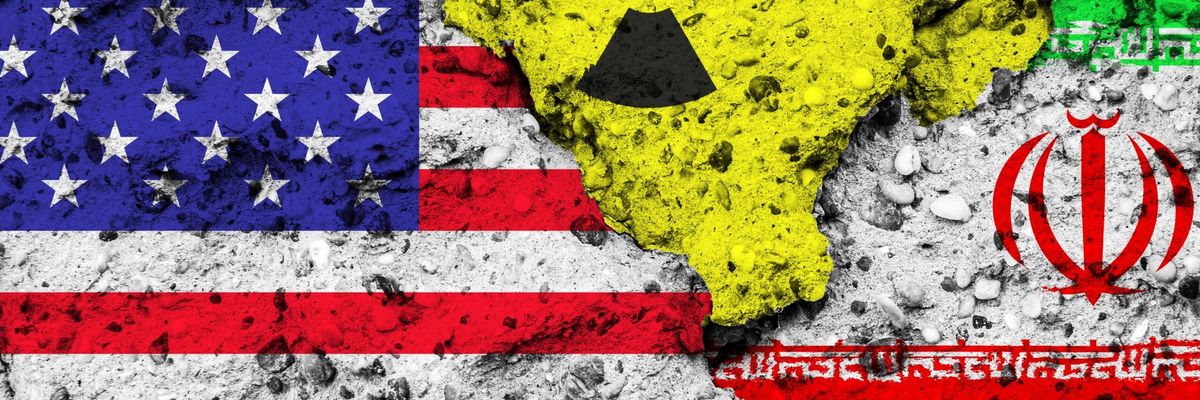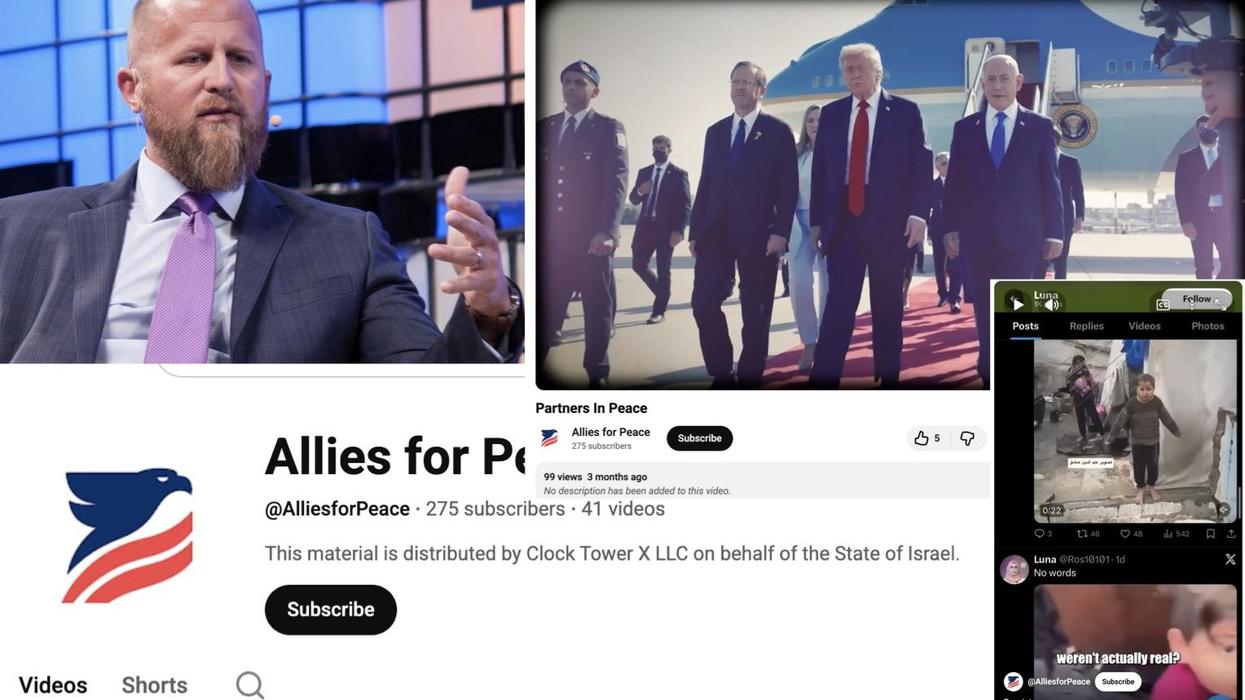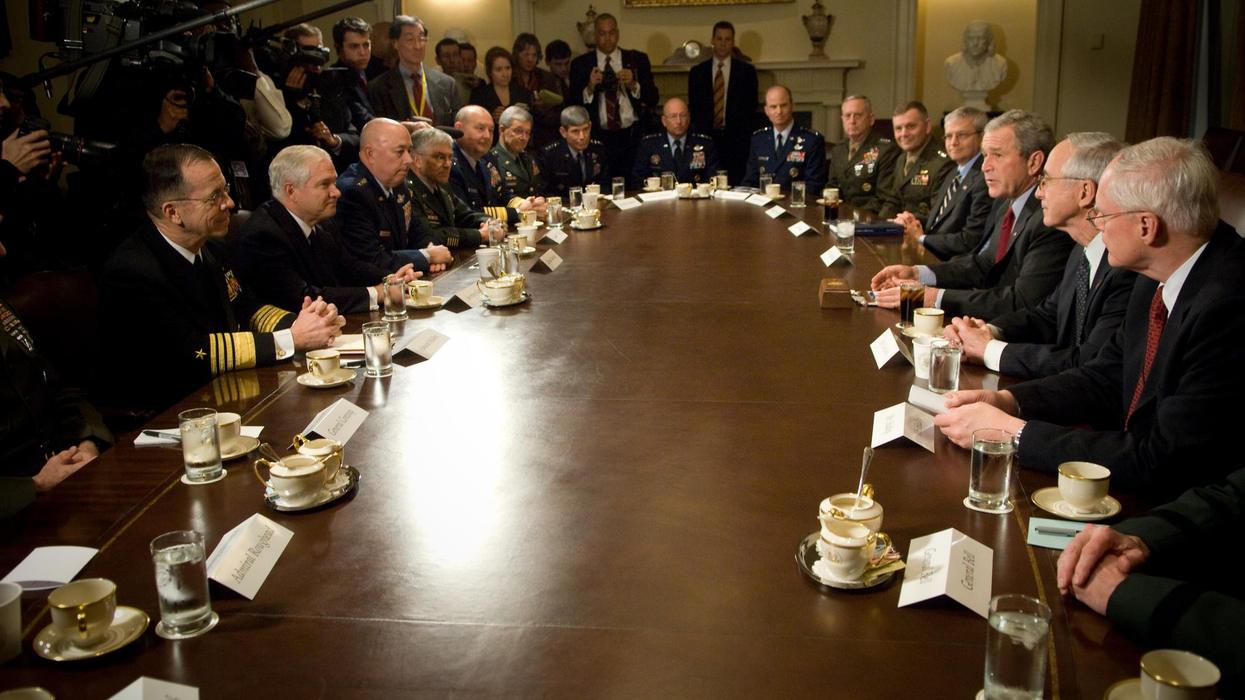Parties to the Joint Comprehensive Plan of Action, the multilateral accord that restricted Iran’s nuclear program, appear close to returning to full compliance with the agreement for the first time since the Trump administration reneged on the accord nearly four years ago.
The removal of what appeared for a while to be a show-stopping demand by Russia to get out of some Ukraine-related sanctions has made an agreement once again seem imminent. But now another reported last-minute hang-up concerns the removal of Iran’s Islamic Revolutionary Guard Corps from the U.S. list of Foreign Terrorist Organizations.
Whether the IRGC stays on that list or not will have no material effect. There thus may be little basis for the Iranians to make delisting a fall-on-their-sword demand. But it would make even less sense for the United States to resist delisting, especially if such resistance meant a continuation of the failed “maximum pressure” policy that has seen the Iranian stockpile of enriched uranium grow to many times what it was under the JCPOA.
The main reason that being or not being on the FTO list will not have material effects is that the IRGC still would be subject to numerous other sanctions, the consequences of which go beyond any consequences of being on the FTO list. These other sanctions concern weapons proliferation, human rights abuses, and election interference as well as terrorism.
The FTO list was created by the Antiterrorism and Effective Death Penalty Act of 1996. Before that legislation, the United States got along without any list of terrorist groups. Having such a list was not even really an objective of the 1996 law. One of the objectives was to criminalize material support to foreign terrorists. What Congress wanted to curb was the writing of checks by Americans who, wittingly or unwittingly, were helping to fund, say, a group in the Middle East that did not enjoy regular financing. But to make support to a terrorist group a crime required a legally clear definition of what constitutes such a terrorist group. Hence the creation of the FTO list, with specific criteria for listing written into the law.
The list was always intended to apply to non-state actors — not to the arms of a state. There is a separate U.S. list of state sponsors of terrorism. Iran is on it, and no one is making any noises about removing it.
The IRGC is a branch of Iran’s armed forces. It is just as much a part of the Iranian state as, say, Saudi Arabia’s National Guard is part of the Saudi state. It gets a budget from the state, and it is unlikely that any Americans are writing checks to support it. Whatever issues the United States has with actions of the IRGC need to be addressed as issues with the Iranian regime, not with a pretend-FTO.
Although it is conceivable that some business could have dealings with the IRGC that could make it subject to criminal provisions related to the FTO list, it is unlikely that the listing issue will make a difference in business decisions and even more unlikely that any such dealings would make a discernible difference in the IRGC’s capabilities to do what it does. As the experience of the last several years, dating back to the Obama administration, shows, the private sector is extremely reluctant to do any kind of business with Iran that might inadvertently run afoul of the complex assortment of remaining sanctions, even after being told by the U.S. Treasury that it is okay to go ahead with some deals it wasn’t allowed to make before.
The Trump administration’s placement of the IRGC on the FTO list in April 2019 was part of the effort under its “maximum pressure” campaign to throw everything it could at Iran, as well as make it as difficult as possible for a successor administration to undo the damage. This move was a clear misuse of the FTO list. Of the 73 organizations currently on the list, 72 are — as creators of the list intended — non-state groups. The IRGC is the only one that isn’t.
Given the absence of material implications of listing or delisting, the issue of the FTO list is a matter of gesturing — of making some kind of statement about a regime we don’t happen to like. There is no justification for letting gesturing get in the way of something with real material effects, including the effect of getting the Iranian nuclear program back under restrictions that will close, as the original JCPOA did, all possible paths to an Iranian nuclear weapon.
Opponents of delisting, who have tended to be the same people arguing all along against the JCPOA, are once again falling into a pattern of raising alarms about things that are happening under the very “maximum pressure” status quo that they are defending. Whatever nastiness the IRGC has committed over the past three years was committed while the IRGC has been on the FTO list. Evidently being on the list didn’t do anything to hinder or stop it.
And for anyone who is genuinely interested in counterterrorism, credible and responsible use of counterterrorist tools ought to mean something. The rest of the world is more likely to take U.S. counterterrorist concerns seriously when they are used for the intended purpose and not in a contrived way to make one more statement about regimes that Americans don’t like.

















